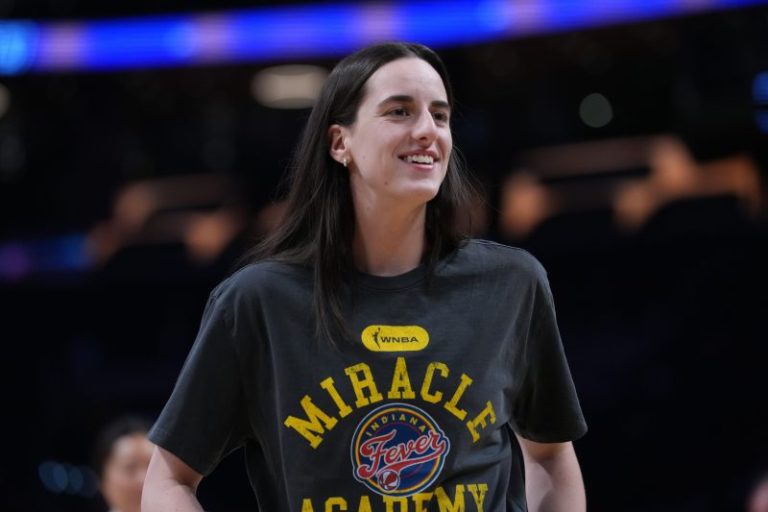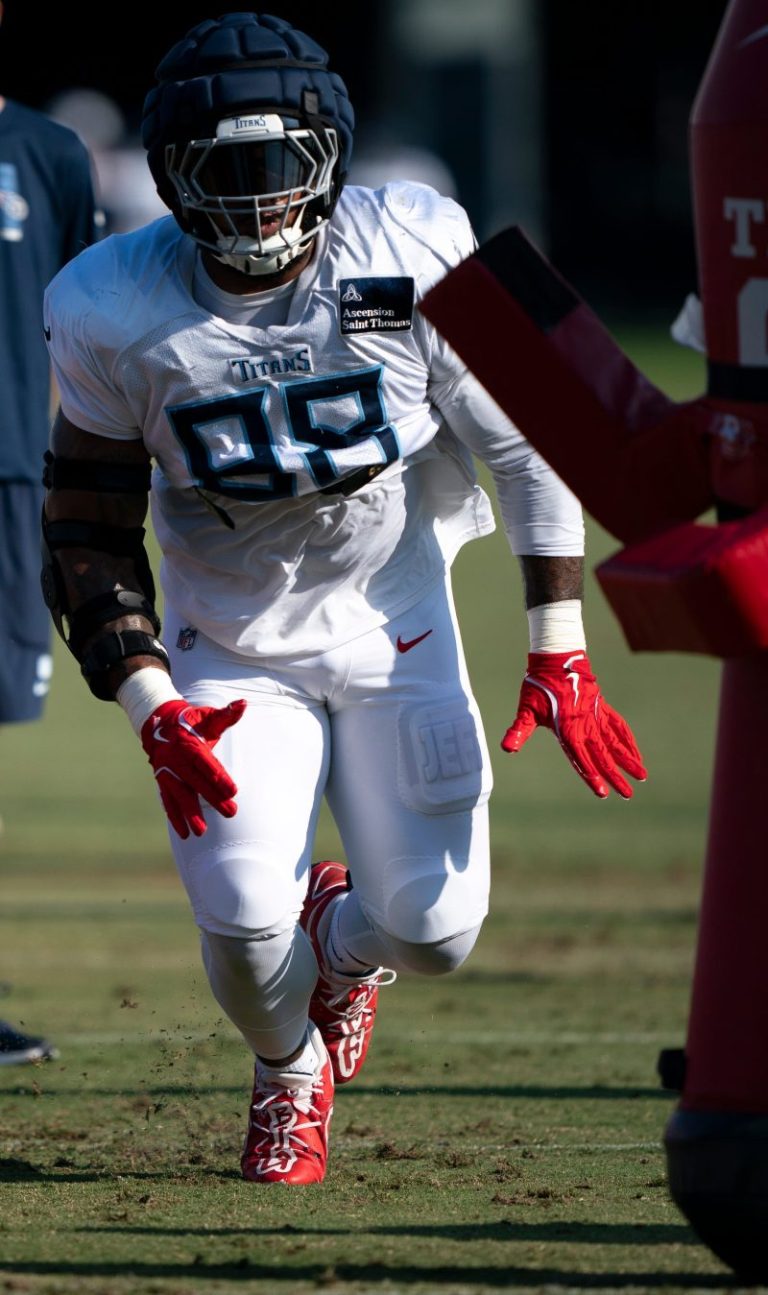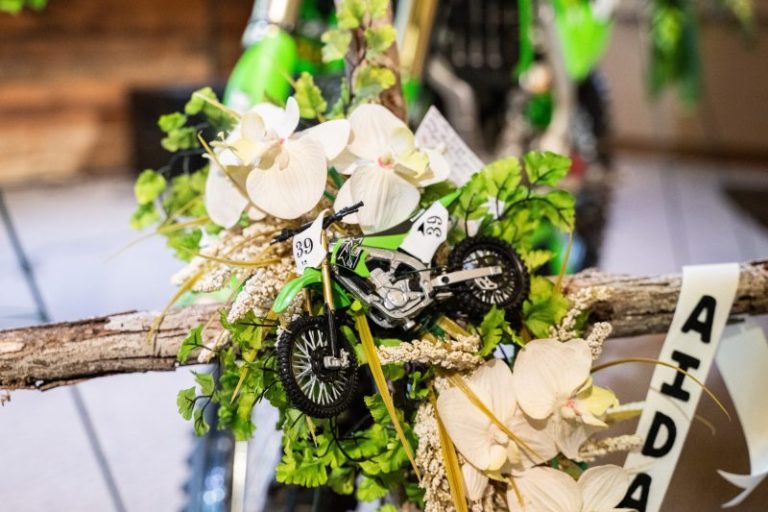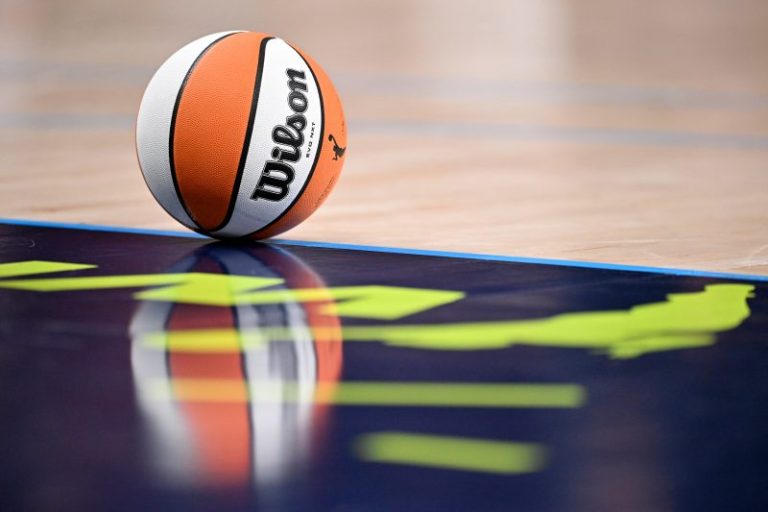HURRICANE MILLS, TN — Forty-two teenage boys with helmets and colorful uniforms pushed their dirt bikes to the starting line.
They were among about 1,000 riders, who must be at least 4 years old to race. The site is Loretta Lynn’s Ranch, about 70 miles west of Nashville and home to the most prestigious event in amateur motocross — the Monster Energy AMA Amateur National Motocross Championship.
On the opening day of racing for the 44-year-old annual event held July 28-Aug. 2 event, the teens revved the engines of 250cc motorcycles built to soar off jumps and tear around the 1.1-mile dirt track. It’s regarded among the safer tracks in amateur motocross despite three riders having died since 2008 from injuries suffered while racing.
The field was full again this year, organizers said, as were 42 gates with riders baking under the sun before the first 250 B race of the week.
Organizers resisted calls to leave one gate empty in honor of Aidan Zingg, a 16-year-old rising star who died June 28 during a mid-race crash in Mammoth Lakes, California. Zingg won the Supermini 2 national championship last year and would have graduated to 250 B this year.
‘Nope, that’s not how it works here,’ said Tim Cotter, Director of MX Sports, which runs the event. ‘The next guy up, he goes in the gate.’
The official tribute for Zingg was a hype video made by Kawasaki, which sponsored Zingg, and played during an opening ceremony the night before practice runs began.
A Celebration of Life for Zingg was held Monday, Aug. 18 near his family’s home in Hemet, California. The event at Loretta Lynn’s Ranch was a chance to understand the impact of his death.
Chris Wood, the father of a 15-year-old phenom, said he felt compelled to talk to his son Carson after Zingg’s fatal crash.
‘I told him, you have an option to quit, this is your decision,’ Chris Wood told USA TODAY Sports. ‘He’s risking his life every time he rides that dirt bike. So there has to be a point where it has to be his choice and not mom and dad’s anymore.’
The waiting was over for the 250 B class.
The gates dropped. The bikes launched. The riders burst off the line.
Carson Wood was among them.
Can’t afford to lose
Some riders wore decals that included Zingg’s initials and his riding number, 39. Others mentioned him in post-victory speeches.
‘It definitely hits your mind like, man, do you really want to do this? Is it worth it?’ Carson Wood told USA TODAY Sports. ‘But once you get this far into the sport, it’s really hard to just turn back around and just quit that easily.’
Zingg won his first AMA national championship last year, which helped him secure a two-year sponsorship deal with Kawasaki. Deals like that can keep dreams alive for kids, who may otherwise be priced out of racing. Race bikes can easily exceed $10,000, gear costs about $1,000 and the high-octane race fuel is more than $20 per gallon. Not to mention the transportation costs of getting to the races.
‘It’s a super expensive sport,’ Zingg’s father, Bob, told USA TODAY Sports.
Carson Wood’s parents, Chris and Jaclin, said funding their son’s motocross career led to their electricity and phones being shut down, one of their cars being repossessed and other bills going unpaid.
‘Yeah,’ Chris Wood said. ‘Scary.’
When Carson Wood got old enough to collect bonuses by winning races, his parents recalled, he began to say, ‘I can’t afford to lose.’
‘There was definitely some pressure, because anytime I won that’s how food gets on the table and that’s how rent gets paid and stuff like that,’ Carson Wood said. ‘So if I didn’t win, that really hurt us a lot, so I had no choice but to win.’
At Loretta Lynn’s, Carson Wood won one of his six races, broke a middle finger and sounded as determined as ever to keep help paying the family’s bills. He could turn pro as early as next year.
‘Yeah, this sport’s definitely risky,’ he said. ‘Your life’s on the line every time you put your leg over that bike, and there’s really not much you can do besides just train and stay smart.’
Too much power
Zingg’s death did not stem from high speed. The crash took place on a turn. But nonetheless, it spurred talk of safety concerns and injury prevention measures that include the development of an airbag vest.
Zingg’s mother, Shari, said he died from cardiac tamponade, which can be caused by blunt trauma. Zingg’s autopsy report is not complete, according to the Mono County Sheriff’s Office that serves Mammoth Lakes and is handling the autopsy.
The discussion of safety in motorcross largely has focused on bigger and faster bikes increasingly being raced by younger riders.
Zingg was riding a 250. The fastest dirt bike is 450, which can reach speeds upward of 80 mph.
The matter surfaced at Loretta Lynn’s Ranch when the event organizers met with representatives from nine motorcycle manufacturers: Honda, Kawasaki, Yamaha, Suzuki, Cobra, KRM, Gasgas, Husqvarna and Triumph. They discussed a litany of issues, and nothing seemed to unify the group like discussion of the 450.
‘I hate that bike,’ someone said among the crowded room. ‘I think it has too much power.’
When the meeting ended, the group seemed to be in agreement: No rider under 18 should be allowed to race on the 450.
Later, Mike Burkeen, Deputy Director of Racing for the American Motorcycle Association (AMA) – which sanctions the event at Loretta Lynn’s – said the sentiment in the meeting would not necessarily lead to change. Not before a long process, at least.
The idea must be submitted to a 30-person committee, which makes proposals, posts them online for public comment, then debates and votes, according to Burkeen, who added, ‘If they vote yes on something, it comes back to my staff and my boss.’
Part of the process will assess how the rule change will financially impact manufacturers.
‘I think that that’s always going to be part of it,’ Burkeen said, noting there are lot of riders under 18 riding the 450.
FIRST BROKEN BONE
Zingg began riding dirt bikes with his father when he was about 5. Which, by some standards, made him a later starter.
The youngest class of riders at Loretta Lynn’s is 4 to 6. They ride tyke-sized bikes that travel up to 30 mph.
Bretton Gonzales, 8, of Northern California looked like a comparative veteran. He sported a mullet and had a hand-painted red, white and blue helmet that Evel Knievel would have worn with pride.
‘It’s just fun,’ Gonzales said when asked why he rides.
Never mind that this year he broke his right arm in a motocross accident.
‘First broken bone,’ said Gonzales’ father, Brandon. ‘He was riding his bike with his cast on all the time.’
Meredith Lloyd of Bethesda, Maryland, stood near her 6-year-old daughter, Codie Mae Lloyd, who started racing at 4, according to her mother.
‘In the RV before we head out, we cover her in prayer,’ Meredith Lloyd said, adding her husband raced ATVs and she comes from a racing family. “As soon as she could walk she started on a little bicycle, and no fear.’
Brothers Tripp Roberts, 6, and Cody Roberts, 8, of Dallas were with their mother, Suzanne, a nurse practitioner whose husband rode motocross. She watched as Tripp prepared to race.
‘Since I work in health care, I might be either the best Moto mom or the worst one,’ Suzanne Roberts said with a smile. ‘My kids always laugh and say, unless it’s broken, don’t go to mom. Because I don’t have very much sympathy for them. They know if you’re hurt you can come to mom, and if you’re not hurt, get back up.
‘We want to instill in them perseverance and that’s the best thing about the Moto community.’
She said Cody broke his femur two years ago.
‘We didn’t know if he wanted to ride again,’ Suzanne Roberts said. ‘He asked to get on the bike and said, ‘I got to do it.’ That was great to see him overcome that fear.’
‘Unfortunately, it’s part of the sport’
Chris Canning, a 31-year-old rider from Connecticut, entered the trailer that serves as the headquarters at Loretta Lynn’s with braces on both of his wrists and an unsteady gait.
He joined the event’s top officials, who tracked him down after seeing video online of Canning hitting a tree on a jump and plummeting to the ground. The organizers said they wanted understand what happened and ended up adjusting the track to avoid the risk of another accident on that jump.
According to Canning, his injuries included: broken ribs, a broken scapula, contusions on his right lung and blood in his lungs.
‘This ain’t going to stop me,’ Canning told USA TODAY Sports.
He didn’t hold the track or the sport responsible for his latest crash. He and the officials agreed that a bump developed on the track during a day of racing, leading to the wreck. The track would be adjusted, and Canning would heal – again.
‘Last year, I was off the whole year because I blew this wrist apart,’ he said. ‘Unfortunately, it’s part of the sport.’
Despite the broken wrists, Canning said he drove himself to a nearby hospital because he was worried about chest injuries. There are also medical services on site.
During one 15-minute period at Loretta Lynn’s, three riders who had fallen during the same race were brought to the tented center. One wore an oxygen mask and complained about having trouble swallowing. Another had broken a foot. A third looked dazed sitting in an ice bath. All three riders were treated successfully, said Carole Dempsay, a paramedic helping run the operation.
She also said they treated 40 fractures during the six-day event. That included Carson Wood breaking a middle finger but still winning his last race.
‘We had a relatively safe week at the ranch,’ said Cotter of MX Sports. ‘By weekend we only transported two athletes to the hospital. And as of Monday morning, no one was in the hospital. With over 30,000 laps, we believe that is a successful event.’
And, as Cotter said before the event began, ‘Motorsports is inherently dangerous. We can’t make it safe. If it was safe, it’d be like shuffleboard.’
(This story was updated to change a video.)
This post appeared first on USA TODAY










